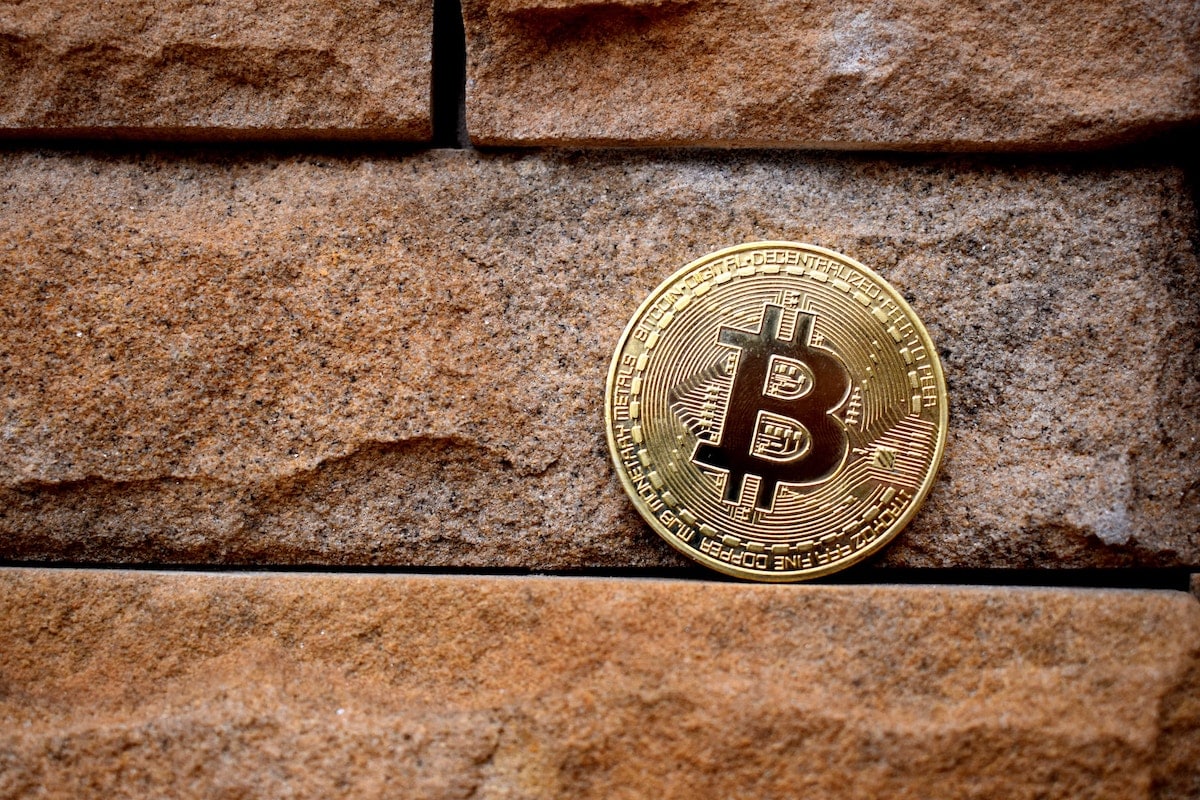Discover the transformative power of Bitcoin in reshaping traditional systems. Delve into its decentralized nature, blockchain technology, and its influence on finance, economics, and beyond. Interested in projecting your future earnings? Learn about the best futures calculator for crypto!
Beyond Bitcoin: Exploring Decentralized Applications (DApps)
In the ever-evolving landscape of blockchain technology, the concept of Decentralized Applications, or DApps, has emerged as a revolutionary force. DApps extend the principles of decentralization pioneered by Bitcoin into various industries beyond finance. These applications are built on blockchain platforms, ensuring transparency, security, and autonomy in a way that challenges traditional centralized systems.
DApps represent a departure from the conventional model where a central entity controls the flow of data and operations. Instead, they are powered by distributed networks of computers, creating a decentralized infrastructure. This fundamental shift offers several advantages, including enhanced security, reduced single points of failure, and increased user ownership over their data.
The potential use cases of DApps are wide-ranging and impactful. In supply chain management, DApps can enable traceability of goods, ensuring transparency and reducing fraud. Healthcare can benefit from DApps by securely storing and sharing patient data across providers, enhancing patient care and research. Moreover, the entertainment industry can leverage DApps to create decentralized content platforms that empower creators and consumers alike.
At the heart of many DApps are smart contracts, self-executing contracts with the terms of agreement directly written into code. This innovation eliminates the need for intermediaries and automates processes, saving time and resources. For instance, in real estate, smart contracts could facilitate transparent property transactions, simplifying the buying and selling process.
Smart contracts operate based on predefined conditions. When these conditions are met, the contract automatically executes without the need for manual intervention. This process ensures accuracy, eliminates ambiguity, and reduces the risk of disputes. Their tamper-proof nature, thanks to blockchain’s immutability, adds an extra layer of trust to these agreements.
Numerous sectors are embracing smart contracts. Insurance companies can use them to automate claims processing, streamlining the experience for customers. Supply chain management can benefit from smart contracts by automating the verification of goods’ origins and conditions. Even the music industry can explore royalty distribution through smart contracts, ensuring fair compensation for artists.
In essence, Decentralized Applications have the potential to disrupt industries by offering transparent, secure, and efficient solutions. As blockchain technology continues to advance, DApps exemplify the fusion of decentralization and innovation, heralding a future where control and ownership shift from centralized entities to the individuals who form the network.
The Future of Finance and Beyond
As the world embraces the decentralized revolution ignited by Bitcoin, the future of finance stands on the brink of transformative change. Bitcoin, with its status as a decentralized digital currency, is paving the way for a new era in the financial landscape. Its role goes beyond that of a mere digital asset; it’s reshaping traditional notions of money, investment, and global economic systems.
Bitcoin’s emergence as a potential global reserve asset has sparked discussions about its role in the international monetary system. With its limited supply and borderless nature, Bitcoin could potentially provide a hedge against economic volatility and currency devaluation. This could reshape how nations manage their financial reserves, diversifying beyond traditional currencies and assets.
Traditional investment portfolios have often consisted of stocks, bonds, and commodities. However, the inclusion of Bitcoin and other cryptocurrencies is challenging this norm. As institutional investors increasingly recognize Bitcoin’s store of value attributes, it’s gradually finding its place in diversified investment strategies. This diversification potential introduces a new dimension to the financial market.
Beyond finance, the concept of decentralization is seeping into various sectors, promising to disrupt established systems. Industries like healthcare, supply chain management, and governance are exploring the potential of blockchain technology and decentralized networks. This transition could lead to more transparent, secure, and efficient operations across sectors, empowering individuals while reducing reliance on intermediaries.
Healthcare stands to benefit from decentralized systems that securely store and share patient data across providers, improving patient care and research outcomes. Supply chain management can leverage blockchain’s traceability to enhance transparency and reduce fraud. Governance models might evolve, with decentralized decision-making mechanisms that involve broader participation.
As decentralized technologies gain prominence, they challenge existing power dynamics and encourage a shift towards user-centric models. This shift could lead to a more inclusive financial system, granting access to financial services for the unbanked and underbanked populations globally. Moreover, the ethos of decentralization aligns with principles of individual ownership, privacy, and autonomy, shaping cultural perspectives on technology and authority.
Conclusion
As Bitcoin paves the way for decentralization, its impact on finance and various industries is undeniable. Embracing this evolution offers a glimpse into a future where technology and empowerment converge.


